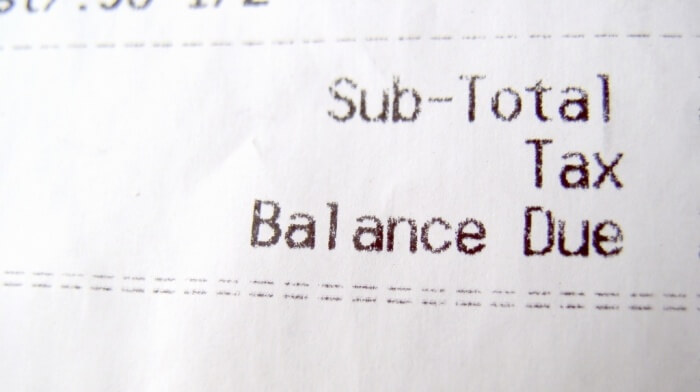How To Separate Personal And Business Finances
Mixing business with pleasure is rarely a good idea, least so when it comes to your finances.

We all know it’s a good idea to keep our private and professional lives separate - yet many business owners fail to apply the same rules to their finances. Luckily, we’ve come up with a guide explaining how to separate personal and business finances.
Why you should separate your personal and business finances
Intermingling your personal and business finances may seem like the easier option, but actually it can make things a lot more confusing, and may have harmful repercussions later on.
Separating your personal and business finances will make completing your tax return much simpler, as you’ll be able to easily identify and submit the correct figures without sifting through your personal finances. This will help you avoid costly mistakes and penalties.
It will also help you manage your cash flow better, as you’ll know exactly how much money your business has available to pay its bills - and won’t accidentally spend any of it on personal costs.
Finally, it will make your business appear more professional. Paying into an account in your company’s name will instil your customers with far more confidence than paying into an account in your own name.
How to separate personal and business finances
Separating out your business finances makes managing them much easier. But how do you go about doing that? The followings steps explain how to separate personal and business finances:
Open a business bank account
This is the most crucial part of separating your personal and business finances.
There are plenty of different business bank accounts to choose from, so do some research and open the one which suits your company best.
You should only use this account for business purposes. Don’t be tempted to dip into it for personal use.
Having a separate business account will give you an accurate overview of your company’s finances, and will help protect your personal interests from anything that happens in your business.
Run your business as a limited company
To that end, you could consider becoming a limited company. Whether this is a good idea for your business will depend on your specific circumstances.
Being a limited company will mean your business is a distinct entity. All its finances will be legally separate from your own, and you won’t be personally liable for any losses it makes.
There are more reporting and management responsibilities than if you operate as a sole trader, but it will mean you’ll be required to keep your personal finances separate.
Set clear budgets - and stick to them
When your business and personal finances are intermingled, there will inevitably be some budgetary blurring.
Complement your separate business bank account with stringent budgets, and stick to them. Your budgeting should include a salary for yourself.
This will help you avoid confusion, and ensure you aren’t taking too much out of the company coffers - or, conversely, investing too much of your own personal cash into the business.
Keep careful track of expenses
Keep a careful record of your personal and business expenses - and make sure you know where to draw the line between the two.
If you make a business purchase - for example, printer ink - don’t then use this at home for personal purposes.
Keep all your business receipts separate from any personal ones, and store them in a logical way so they’re easy to refer to later.
Make sure all your employees know the difference between personal and business expenses, and are applying the same principles.
Use a business credit card
Getting a separate business credit card will enable you to make a clear distinction between personal and business transactions.
Using a credit card in your company’s name will also help you build up stronger business credit - as long as you pay your bills on time.
This will help your business in a number of ways, from establishing your business credentials to making you a more attractive prospect to investors.
Separating your personal and business finances is a no-brainer. It makes managing your cash flow, accounting and bookkeeping much easier, and will help you avoid nasty consequences further down the line.
As you can see, you can make the change in a few simple steps - so what are you waiting for?
Chris Kelly is an Assistant Manager at Howlader & Co, an Accountancy and Chartered Tax Advisory practice. The company has been running for over 40 years.
Thanks for signing up to Minutehack alerts.
Brilliant editorials heading your way soon.
Okay, Thanks!



